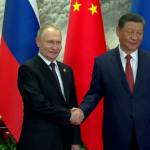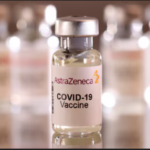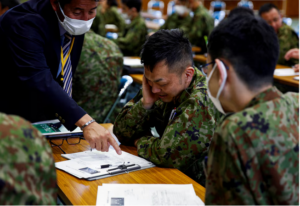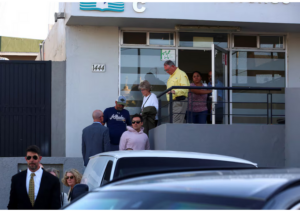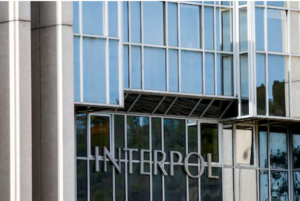
Australia raises minimum savings for student visa, warns on fake recruitment
(Reuters) – Australia said on Wednesday it would raise the amount of savings international students will need to get a visa and warned several colleges of fraudulent student recruitment practices, as part of efforts to rein in record migration.
From Friday, international students must show proof of savings of at least A$29,710 ($19,576) to get their visa, the second increase in about seven months. It was raised to A$24,505 from A$21,041 in October.
The moves follow a raft of actions in recent months to tighten the student visa rules as the lifting of COVID-19 restrictions in 2022 triggered a sudden influx of migrants, exacerbating pressure on an already tight rental market.
English language requirements for student visas were increased in March and the government has been taking steps to end settings that allowed students to prolong their stay.
Home Affairs Minister Clare O’Neil said warning letters had been sent to 34 education providers for “non-genuine or exploitative recruitment practices”. They could be jailed for up to two years and banned from recruiting students if found guilty, she said.
“Dodgy providers have no place in our international education sector. These actions will help weed out the bottom feeders in the sector that seek to exploit people and trash the reputation of the sector,” O’Neil said in a statement.
International education is one of Australia’s largest export industries and was worth A$36.4 billion ($24 billion) to the economy in 2022/23.
But record migration, mostly driven by international students, has put the government under pressure with rental prices soaring across the country. Net immigration rose 60% to a record 548,800 in the year to Sept. 30, 2023.
The government expects its policies could halve Australia’s migrant intake over the next two years.
“We are significantly reducing migration levels – we are in the middle of the biggest drop in migration numbers in Australia’s history, outside of war or pandemic,” O’Neil said.









